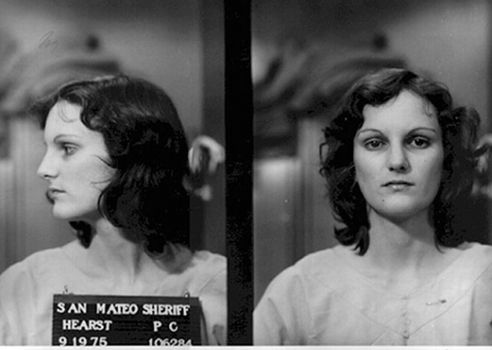Reading time: Less than 1 minute
Increase your vocabulary and you’ll make your writing much more precise. That’s why I provide a word of the week. Today’s word: inchoate….
I’ve long held a particular fondness for the adjective inchoate. Perhaps it’s the idiosyncratic pronunciation that charms me — the CH sound is not soft, as in “children,” but, instead, hard, as in “candy.” And the dogpile of vowels in the middle of the word also looks unusual and interesting to my North American eye.
In case inchoate is new to you, let me explain that it refers to something that has just begun and so is not fully formed or developed. The word “rudimentary” is a good synonym. When I encountered the adjective recently, in a book titled American Heiress, by Jeffrey Toobin, I resolved to explore its etymology. Here is how Toobin used it:
Patricia was to learn much later that the union of DeFreeze, Sopltysik, and Ling marked a peculiar turning point for the inchoate SLA.
American Heiress is the story of Patty Hearst, (pictured above), the granddaughter of American publishing magnate William Randolph Hearst. She became famous following her 1974 kidnapping while she was a 19-year-old student living in Berkeley, California. Hearst was abducted by a left-wing terrorist group known as the Symbionese Liberation Army (SLA). She eventually supported their cause, making propaganda announcements for them and taking part in illegal activities before she was arrested in September 1975. (If you want to learn more about the Patty Hearst story, I can recommend Toobin’s book.)
The root of the word inchoate is Latin, from inchoatus, past participle of inchoare, meaning “to commence, begin,” probably originally “to hitch up,” traditionally derived from cohum “a strap (fastened to the oxen’s yoke),” a word of obscure origin.
An earlier version of this post first appeared on my blog on July 5/17.


